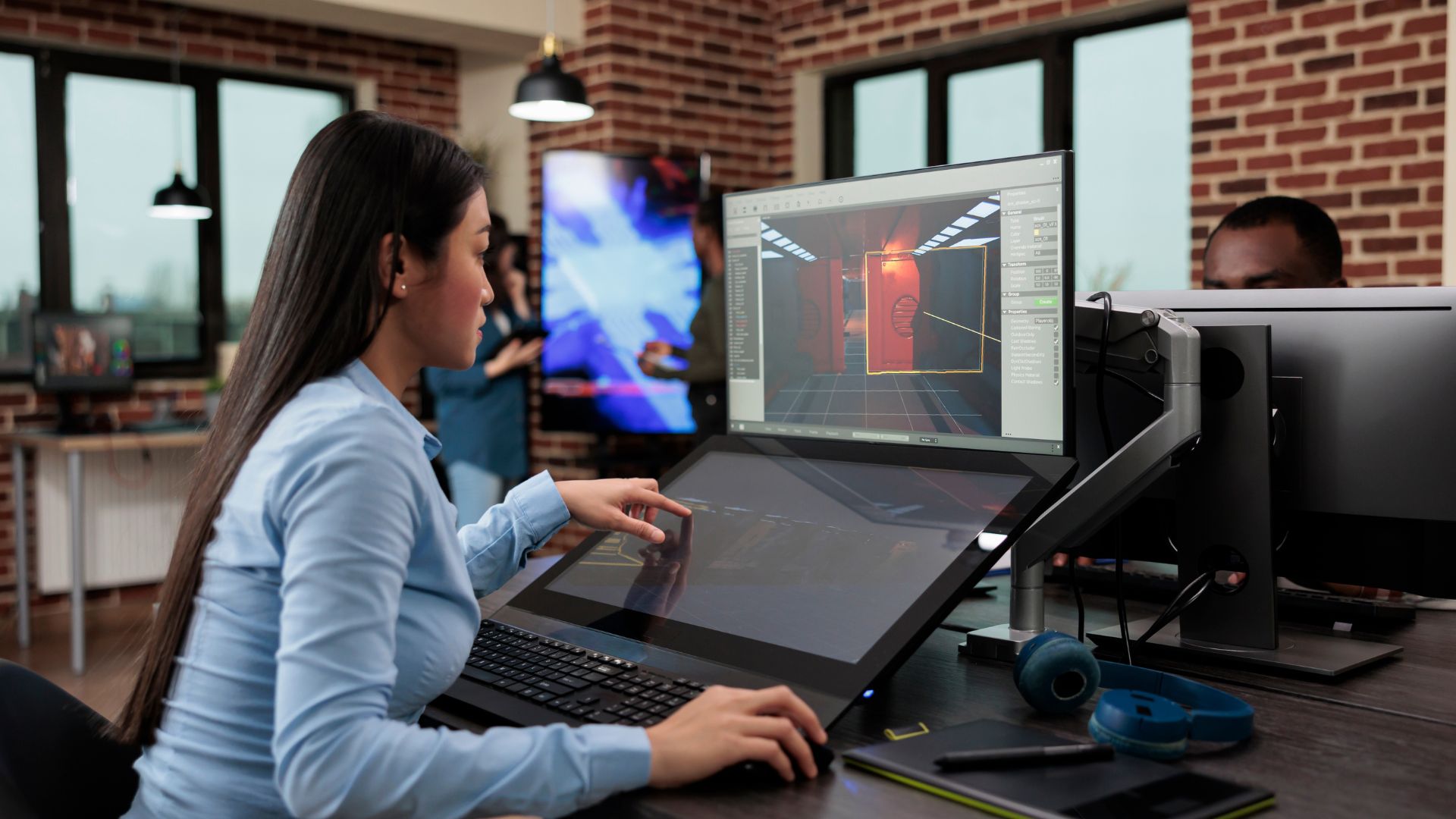The Role of Community Feedback in Indie Game Development

Indie game development thrives on creativity, passion, and community engagement. Unlike big-budget studios, indie developers often rely on direct feedback from their players to refine their games, fix issues, and enhance overall gameplay. Community feedback plays a crucial role in shaping a game’s success, providing valuable insights that can lead to better mechanics, improved storytelling, and stronger player retention. In this article, we’ll explore how indie developers can effectively use community feedback to create a more polished and engaging gaming experience.

1. Why Community Feedback Matters
For indie developers, direct engagement with players offers several advantages:
- Early Bug Detection: Players help identify glitches, performance issues, and inconsistencies that developers may have overlooked.
- Gameplay Balancing: Community feedback ensures that mechanics are fair, enjoyable, and challenging without being frustrating.
- Feature Suggestions: Players often propose new features or improvements that enhance the game experience.
- Building a Loyal Fanbase: Engaging with the community fosters a sense of involvement, turning players into advocates who promote the game.
Indie games like Hollow Knight, Hades, and Celeste have benefited immensely from player input, refining their mechanics and storytelling based on player interactions and feedback.

2. Gathering Community Feedback
To make the most of community insights, developers must use effective methods for collecting feedback. Here are some of the best ways:
Early Access & Beta Testing
- Platforms like Steam Early Access, itch.io, and Epic Games Store allow developers to release unfinished versions of their games.
- Beta testing helps identify gameplay issues and gauge player reactions before the full launch.
Discord & Social Media Engagement
- Creating a Discord server allows real-time discussions, bug reporting, and direct interaction with developers.
- Twitter, Reddit, and gaming forums provide platforms for gathering opinions and engaging with players.
In-Game Feedback Tools
- Some developers integrate feedback forms directly into the game, making it easy for players to submit reports.
- Simple survey prompts can ask about difficulty levels, enjoyment, or specific game features.
Game Jams & Community Challenges
- Participating in game jams allows developers to receive rapid feedback on prototype ideas.
- Hosting community challenges (e.g., best speedrun times, mod contests) encourages engagement and highlights gameplay strengths or weaknesses.
3. Processing and Implementing Feedback
Once feedback is collected, developers must determine which suggestions to prioritize. Not all feedback is equally valuable, so it’s essential to analyze and filter it effectively.
Identify Common Themes
If multiple players report similar issues—such as an overpowered weapon, confusing mechanics, or pacing problems—these should be prioritized for improvement.
Balance Developer Vision with Player Requests
While community input is valuable, not every suggestion aligns with the original game design. Developers must decide which changes fit their vision while keeping the game fun and balanced.

Iterate and Communicate Updates
- Patch Notes & Updates: Regularly inform players about changes and improvements.
- Acknowledging Feedback: Even if a suggestion isn’t implemented, acknowledging player input strengthens the community-developer relationship.
4. Success Stories: Indie Games that Benefited from Community Feedback
Several indie games have used community feedback to their advantage:
- Hollow Knight (Team Cherry) – The developers expanded the game world and adjusted difficulty settings based on player responses.
- Hades (Supergiant Games) – Early access feedback helped fine-tune combat mechanics and storytelling elements.
- Dead Cells (Motion Twin) – Players influenced combat balancing and enemy AI through community discussions.
5. The Long-Term Benefits of Community Engagement
Strong community engagement leads to:
- Higher player retention and loyalty
- Increased word-of-mouth promotion
- More successful future projects, as players are more likely to support new releases from developers they trust

Community feedback is a powerful tool that can shape the success of an indie game. Developers who listen to players, implement valuable suggestions, and maintain an open dialogue with their community can create more polished and engaging experiences. Whether through early access, social media interaction, or in-game surveys, gathering and applying player feedback can turn a good game into a great one.




